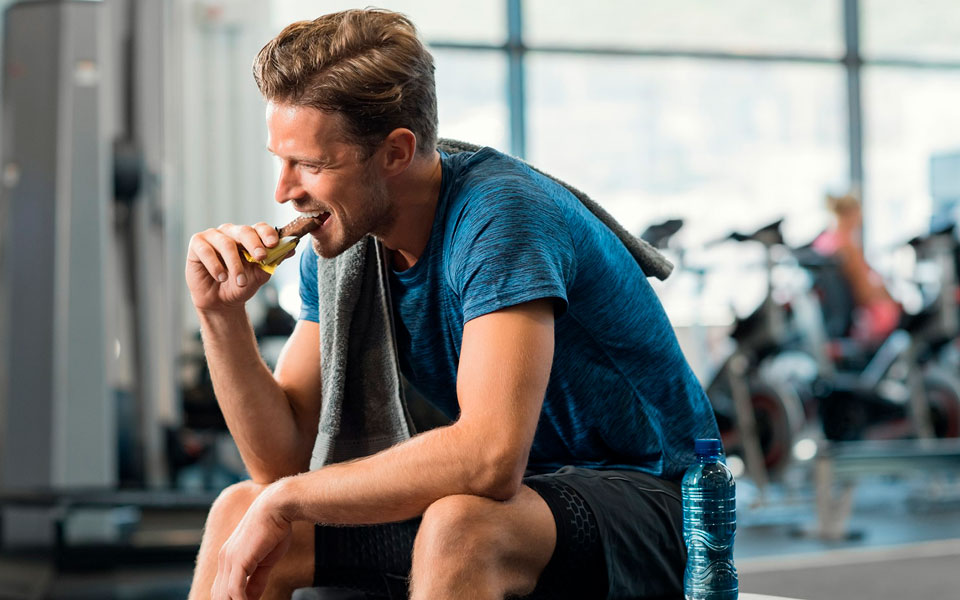Anyone who goes to the gym knows that protein is essential to help build muscle. And with the fitness industry booming, all manner of companies are jumping on the protein bandwagon to create products allowing us to get our fix on-the-go. But are snacks, foods and water (yes, really) labelled as having X amount of protein, actually any good for you?
Nutrition coach Max Lugavere says they’re not. Or at least, they’re not compared to natural proteins you can get from eating real food. In an Instagram post, Max says that we need to consume at least 0.8g of protein per kilogram of body weight, although even more is better if we really want to pile on muscle and keep appetites at bay.
View this post on Instagram
While he takes vegetarians and vegans into account, Max admits that the best protein sources are meat and eggs. They contain all the essential amino acids our bodies need and are easy to come by, and they can be eaten whenever. He adds: “Whole food proteins contain no ingredient list. It is the ingredient. It needs no multimillion-dollar marketing campaign with influencers to promote it, or sponsoring, infiltrating magazines and television commercials.”
He is, however, in support of protein shakes, so as long as they’re a good quality. Although he has previously said that not everyone needs to invest in them.
He goes on to list five ways in which he sees the gimmicky protein sources as being no good for us. He starts by saying natural protein sources contain much higher levels than those that come in labelled packaging and adds the “convenient” bars and snacks will likely contain other ingredients that are no good for us.
You will probably have already noticed in your local supermarket, that protein bars, snacks, and drinks are all pretty expensive. Max says natural protein sources will be much easier on your wallet. A win-win situation. He also tells us the proteins found in the on-the-go variants will most commonly be soy, which can have a negative impact on the hormonal benefits of exercise.
Finally, Max says the unnatural protein sources will also contain additional carbs and fats, which will dilute whatever protein is there.
Instead of buying into the marketing fad, Max says we can easily get all the protein we need each day in as little as three meals. The natural sources are easy to come by and they have the added benefit of forcing you to learn to cook new and exciting meals.
